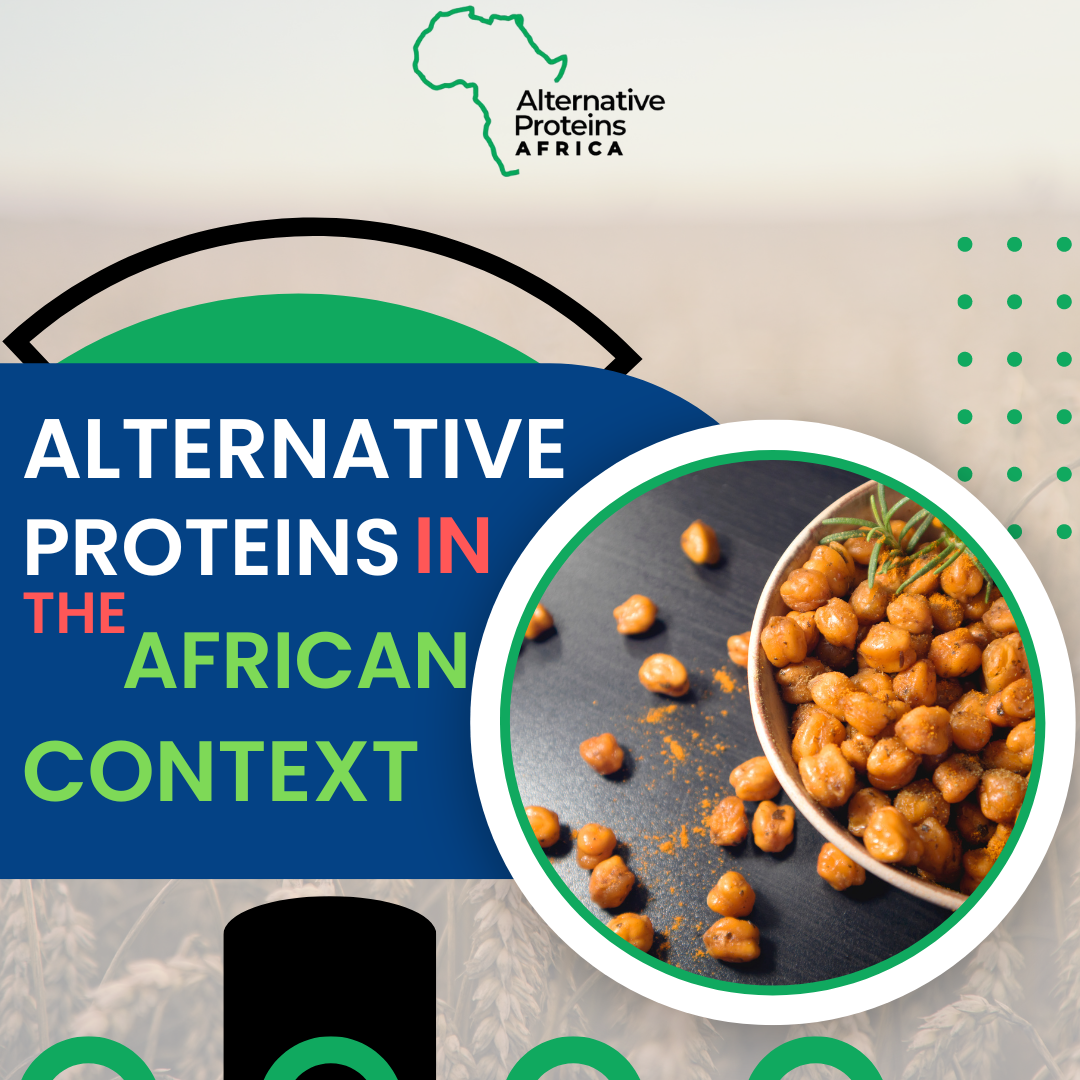
Why exactly do we need to have conversations about Alternative Proteins in Africa? The African continent stands at a critical and crucial point in its development, especially in the face of the global food crisis. Known for its high and steadily growing population, sustainable food production in Africa deserves consideration. Dependence on animal-based protein could not be feasible for the ever-increasing protein needs of the African people.
Population estimates in Africa stand at nearly 2.5 billion by 2050. That’s almost a 70% increase from what it is currently. This is a high figure, isn’t it? This projection thus suggests the need to recognise alternative sources of proteins on the continent. As Africans, conversations such as this must therefore be encouraged.
What are some of the challenges facing the Alternative Protein sector in Africa? Some of these challenges are underdeveloped capacity (the sector being in its nascent stage) and poor acceptance by consumers.
In an online survey conducted by North Mountain Consulting Group to evaluate the possibility of adopting alternative proteins in Africa using three African countries – Egypt, Kenya, and Nigeria, the participants reported a high interest in plant-based meat products. Conversely, cultivated meat was reportedly less accepted because it was less familiar. However, they anticipated a significant increase in alternative meat consumption in the near future.
What can we do going forward? Several crucial actions need to be taken to boost Africa’s alternative protein industry. First, it must start from its current area of strength – producing crops that are alternative protein sources. Fortunately, Africa is at a competitive advantage if sustainable agricultural practices can be used as an essential tool to tap into the blossoming alternative protein sector. We learn from the World Bank that Africa’s biggest resource to explore the alternative protein sector is its 60% arable land. Similarly, Michiel Timmerman, the Founder of a food technology company that focuses on extracting plant-based proteins, opined that the continent has all it takes to produce crops for large-scale plant-based protein extraction.
Therefore, attention must be given to improving processing techniques, developing innovative processing procedures, investigating other local protein sources, and improving agricultural practices through increased investment in research and development.
In addition, although the sample size from the case study earlier examined represents a small section of the entire African region, the insights indicate where attention should be focused to see the alternative protein sector thrive significantly. For instance, cultivated meat was less familiar to the participants, hence the less acceptance. Efforts by stakeholders to improve knowledge of alternative proteins in Africa and advocate for their production and consumption are essential.
In another survey conducted using a nationally representative sample size of the South African population, the participants were more willing to try alternative proteins. This willingness was a result of familiarity with the technology. Also, motivation for better health outcomes, a sustainable environment, and food security informed the likelihood of purchasing the product.
Little wonder, the South African economy has the most thriving alternative protein sector in Africa, with about 66% of South Africans interested in cultured meat and plant-based protein sources and leading alternative protein startups.
Attitudes such as those in South Africa towards alternative proteins in Africa should form the basis of widespread campaigns for a culture centred on alternative protein consumption. One of such initiatives driving advocacy for the alternative protein sector is Alternative Proteins Africa.
The Good Food Institute Alt Protein Project at the University of Nigeria is one investment in the alternative protein project in Africa. The project aims to foster innovation and research in alternative protein production. Projects such as this are instrumental in building human capacity in the sector.
In conclusion, governments can contribute by implementing supportive policies, offering incentives, and expediting approvals. Similarly, growth can be enhanced by promoting entrepreneurship and attracting local and foreign investors. By implementing the right policies, Africa’s alternative protein industry can improve food security, advance sustainable food systems, boost economic growth, and address health and environmental issues.

